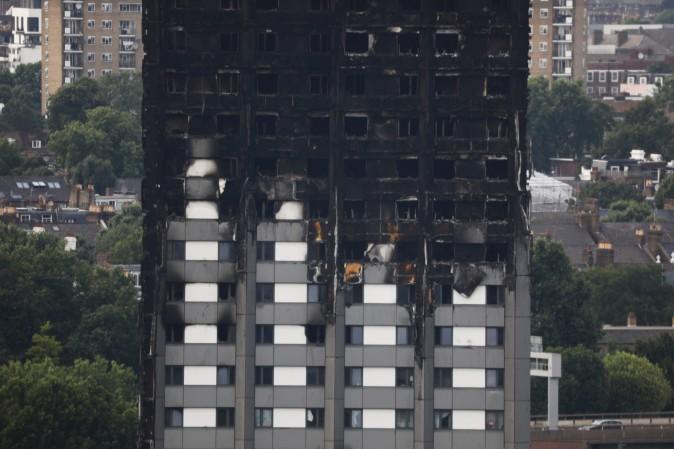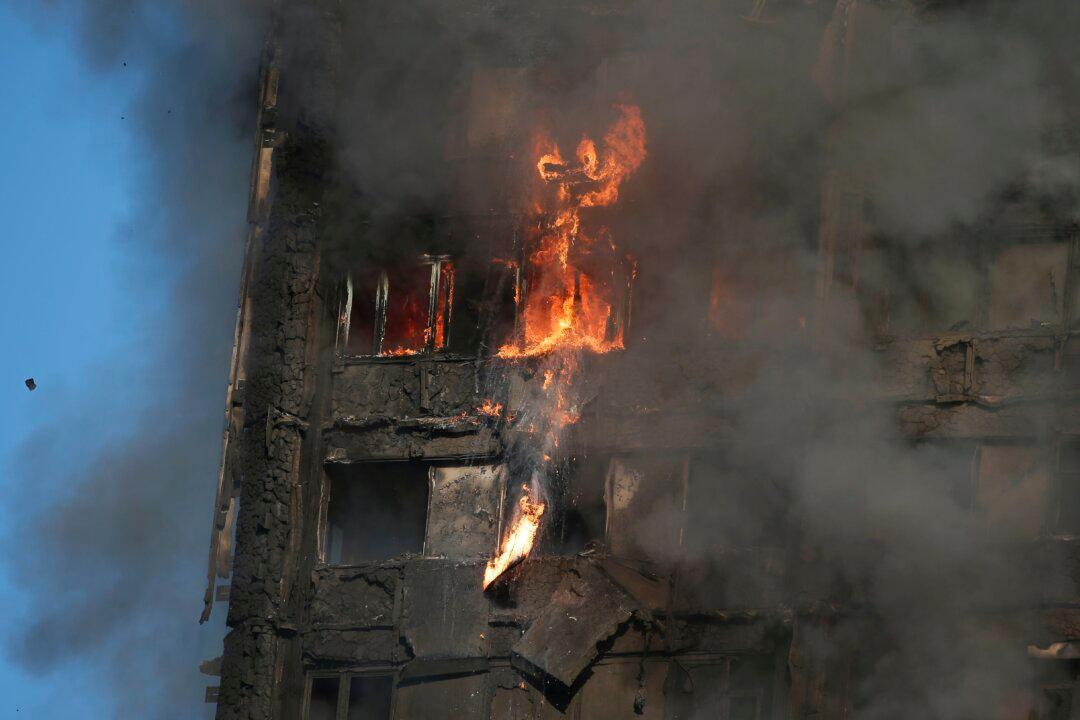London’s Metropolitan Police are considering manslaughter charges in its investigation of the Grenfell Tower fire that claimed 79 lives on June 14.
“We will identify and investigate any criminal offence and, of course, given the deaths of so many people, we are considering manslaughter, as well as criminal offences and breaches of legislation and regulations,” Detective Superintendent Fiona McCormack said on June 23.
Police determined the fire was not started deliberately—it started in a fridge freezer.
Any charges would likely have to do with fire safety violations.
The unusually fast spreading of the fire has been blamed on the building’s outer insulation and aluminum cladding that wasn’t sufficiently fire resistant. Investigators of the fire have conducted tests that support such an argument.
“Preliminary tests show the insulation samples collected from Grenfell Tower combusted soon after the test started,” McCormack said. “The initial tests on equivalent aluminium composite tiles failed the safety tests.”






